
In a discussion at the 2019 Spring Session of the Florida Society of Clinical Oncology, speakers provided updates to the treatment landscape for lung cancer and presented a case study from the clinic.

In a discussion at the 2019 Spring Session of the Florida Society of Clinical Oncology, speakers provided updates to the treatment landscape for lung cancer and presented a case study from the clinic.
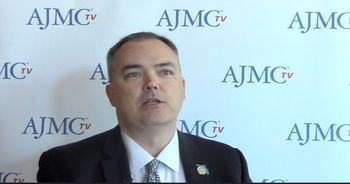
Rick McDonough, MD, president of the Florida Society of Clinical Oncology, explains why right now is a great time to get into the oncology field.
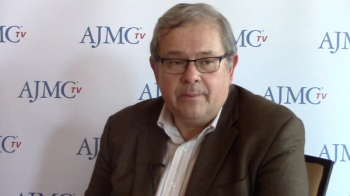
Michael Kolodziej, MD, vice president and chief innovation officer at ADVI Health, discusses the importance of oncology practices participating in alternative payment models (APMs).

To begin a session on the reimbursement of genetic testing during the Florida Society of Clinical Oncology’s annual meeting in Kissimmee, Florida, incoming president Luis E. Raez, MD, put things in perspective: “I’ve been practicing for more than 30 years, and it used to be that when you would explain a treatment plan to a patient, they would ask if they’re going to respond to it and you would have to say ‘I don’t know.’ Now, with genetic testing, hopefully you can say ‘yes.’”
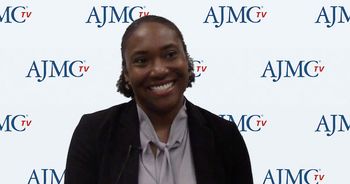
CMS has given plan sponsors the flexibility to choose which drug therapy categories they’d like to administer the Part B step on, explained Crescent Moore, PharmD, PhD, BCPS, senior consultant, BluePeak Advisors,

Making lifesaving but costly cancer therapies available to patients requires collaboration across the healthcare system, agreed a panel of stakeholders at the Business of Oncology Summit hosted by the Florida Society of Clinical Oncology.
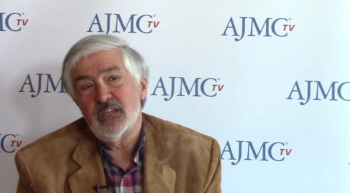
Thomas Marsland, MD, talks about financial toxicity and the effect it has on patients.
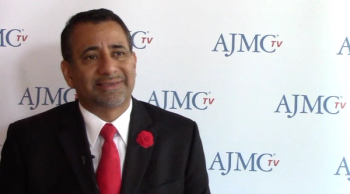
Luis E. Raez, MD, incoming president of the Florida Society of Clinical Oncology, provides an overview of his goals for his upcoming term.

In a panel discussion during the Business of Oncology Summit hosted by the Florida Society of Clinical Oncology, survivors and caregivers described how their cancer journeys were affected by financial toxicity.

The treatment of lung cancer with personalized medicine has come a long way in recent decades, but still more achievements remain to be seen, said Bruce Johnson, MD, FASCO, immediate past president of the American Society of Clinical Oncology, during his keynote speech opening the Business of Oncology Summit hosted by the Florida Society of Clinical Oncology in Kissimmee, Florida.

"By being a part of this membership, you get access to education, information, resources, [and] materials that are hopefully going to be helpful in the care of cancer patients," said Rick McDonough, MD, president of the Florida Society of Clinical Oncology (FLASCO).
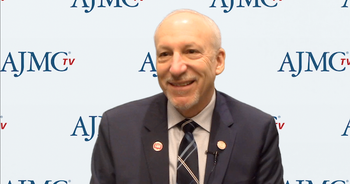
The breast cancer community is very excited about the approval of atezolimuab for the treatment of triple-negative breast cancer, explained Lee Schwartzberg, MD, FACP, executive director, West Cancer Center.
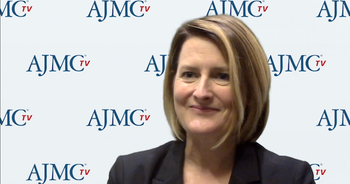
The guidances released by the FDA to expand inclusion criteria for cancer clinical trials is a step in the right direction, said Katie Goodman, RN, BSN, CCRP, director of clinical research, Florida Cancer Specialists & Research Institute.
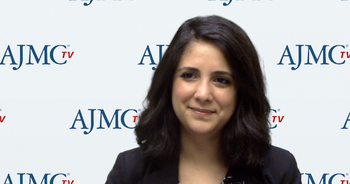
Xarzio currently has the majority of the market share for filgrastim products, explained Sonia T. Oskouei, PharmD, director, Pharmacy Program Development for Biosimilars, Premier Inc.
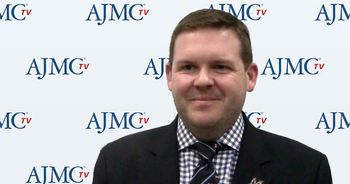
Technology allows for additional avenues to engage with patients and make us more available to them, explained Brian MacDonald, PharmD, manager, Specialty Clinical Programs, Magellan Rx Management.
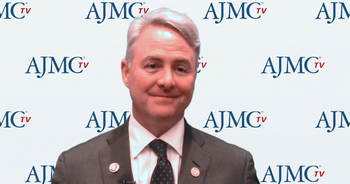
Jeff Patton, MD, chief executive officer of Tennessee Oncology, discusses results from Oncology Care Model (OCM) performance period 3 (PP3) and challenges his practice still experiences with the model.
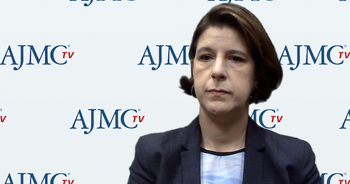
Alexandra Quinn, chief executive officer, Health Leads, discusses the growing role of community health workers in cancer care and why it's important to make the work they do more sustainable.
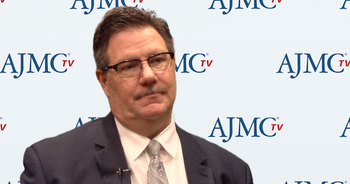
Oncology needs to learn to use technology not just for keeping medical records, but also for caring for patients, explained Erich Mounce, chief operating officer, OneOncology.
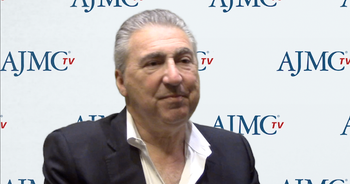
Jeffrey A. Scott, MD, chief medical officer, Integra Connect, discusses how pharma can help community oncologists understand the value of novel and expensive therapies.
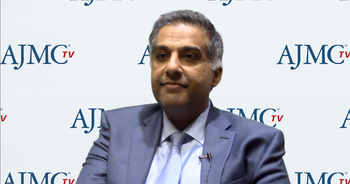
Results from performance period 3 (PP3) were somewhat concerning because the amount of practices that achieved a shared savings stayed stable from PP2, explained Basit Chaudhry, MD, PhD, founder of Tuple Health.

Step therapy, which requires that patients try the payer’s preferred treatment before the one a physician recommends, is harmful to both sides of the doctor-patient relationship, according to Lee B. Schwartzberg, MD, medical director of the West Cancer and Research Institute, who spoke at the 2019 Community Oncology Conference, held in Orlando, Florida.

Healthcare experts may agree the shift from volume to value is well under way, but the definition of value has many answers, according to pharmaceutical company representatives discussing the issue at the 2019 Community Oncology Conference in Orlando, Florida.
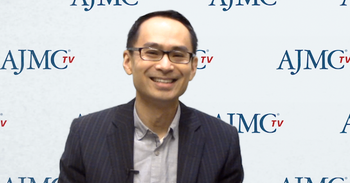
C.K. Wang, MD, senior medical director, COTA, explains how COTA's real-world data platform can benefit payers.

As the technology improves, we’re going to see liquid biopsies used in multiple different cancers, explained Lee Schwartzberg, MD, FACP, executive director, West Cancer Center.
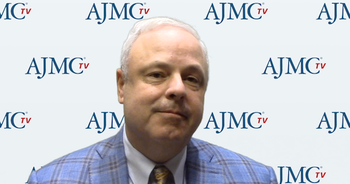
Howard A. "Skip" Burris, III, MD, FACP, FASCO, president, clinical operations, and chief medical officer of Sarah Cannon Research Institute, discusses what's needed from a policy perspective to ensure access to next-generation sequencing (NGS) tests.

Patients won't participate in a clinical trial if it's too much of a burden, so we have to bring the trials to where the patients live, explained Katie Goodman, RN, BSN, CCRP, director of clinical research, Florida Cancer Specialists & Research Institute.

At the Community Oncology Alliance's 2019 Community Oncology Conference in Orlando, Florida, a panel discussed strategies for practices to collaborate and survive the recent wave of consolidation. Targeting employers is one solution.

The first day of the 2019 Community Oncology Conference, the major annual meeting of the Community Oncology Alliance (COA), featured an update on its effort to find alternatives to CMS' Oncology Care Model.
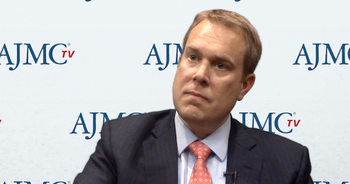
There's still a big disparity in reimbursement between hospitals and community-based practices, but is looking into ways to address this, explained Ben Jones, vice president, Government Relations & Public Policy, McKesson Specialty Health.

Leveraging technology to perform real-time prescription benefit checks could give patients and providers personalized cost knowledge when a drug is being prescribed, but standardization of the process is needed for wider uptake, according to a session at the Academy of Managed Care Pharmacy Managed Care & Specialty Pharmacy Annual Meeting.

259 Prospect Plains Rd, Bldg H
Cranbury, NJ 08512
© 2025 MJH Life Sciences®
All rights reserved.
